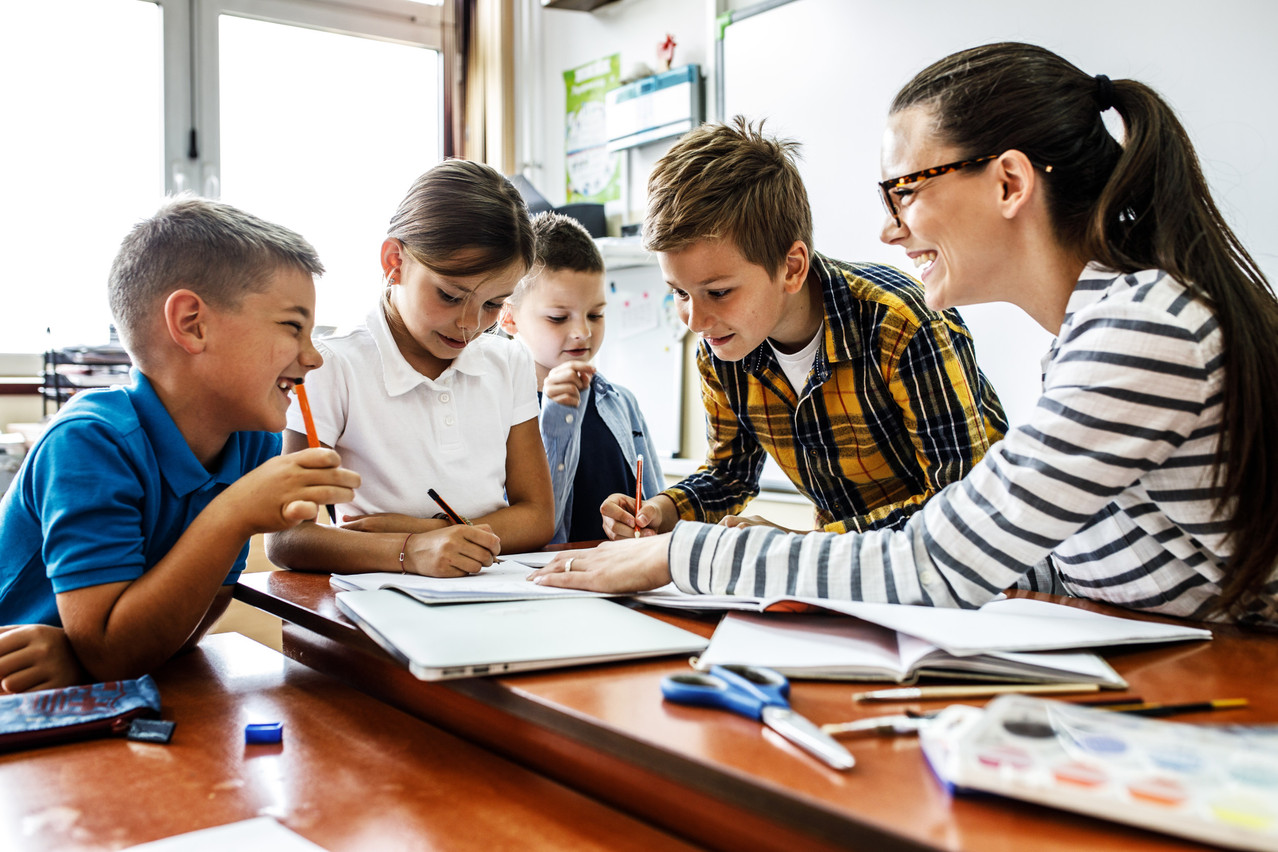Based on the results of nation-wide standardised tests (EpStan) and student and parent questionnaires, the survey reviewed for the second year in a row the impact of covid-19 on the grand duchy’s education system.
EpStan results of 23,000 primary and secondary school students, as well as questionnaire answers from 12,000 primary school parents were compared to data from the previous six school years and 183,000 students.
Younger students more motivated
The study by Luxembourg’s Centre for Educational Testing (Lucet) showed that primary school students coped well with the restrictions and measures in place during the second year of the sanitary crisis. Despite the circumstances in schools, pupils were also more motivated than during the homeschooling period, according to their parents.
In secondary schools, respecting hygiene measures went rather well for students, however, only half of the students reported being as motivated during the second year of the pandemic. Compared to the previous year--according to student questionnaires--the proportion of motivated students and those who had enjoyed attending school decreased. In 2020, 29% of students had strongly agreed that they had been motivated, and 41% that they felt school was fun, against 23% and 21% respectively in 2021.
The study also found that children in primary school had mainly received support from teaching staff, in a differentiated way: “As in the previous year, parents of socio-economically disadvantaged students and parents of students who speak neither Luxembourgish nor German at home reported slightly more frequently that their child had received additional support from teachers.”
On the secondary education level, around two-thirds of students said they had received help, from family members or teachers, though the number decreased in comparison to the previous academic year.
Standardised test results not negatively impacted
Looking at the overall results of the educational system over the past year, the study states that no decline has been noted over the last two years. German classes on the primary level seemed to cause the most trouble, however, as a slight decline in German reading comprehension was noted in the EpStan 2021 results. German listening comprehension improved on average, but children from German or Luxembourg-speaking backgrounds brought the average up, whereas children that spoke French or Portuguese at home still struggled with the skill. Similarly, secondary school students had a harder time with German reading comprehension tasks.
Though it wasn’t reflected in the results, according to the survey, older students also reported struggling more with mathematics this year.
The survey concludes with suggesting that children and youths from disadvantaged socio-economic backgrounds saw their difficulties enhanced, and suggested that particular care should be taken in rectifying this. Additionally, German comprehension skills should be pushed further, regardless of the languages spoken in a child’s household.
, the education ministry had announced children should be offered equal opportunities, and that it would aim to close the social inequality gap. Free maison relais for all, as well as a draft law bumping up the age at which students may leave education to 18, are meant to help achieve this goal.
